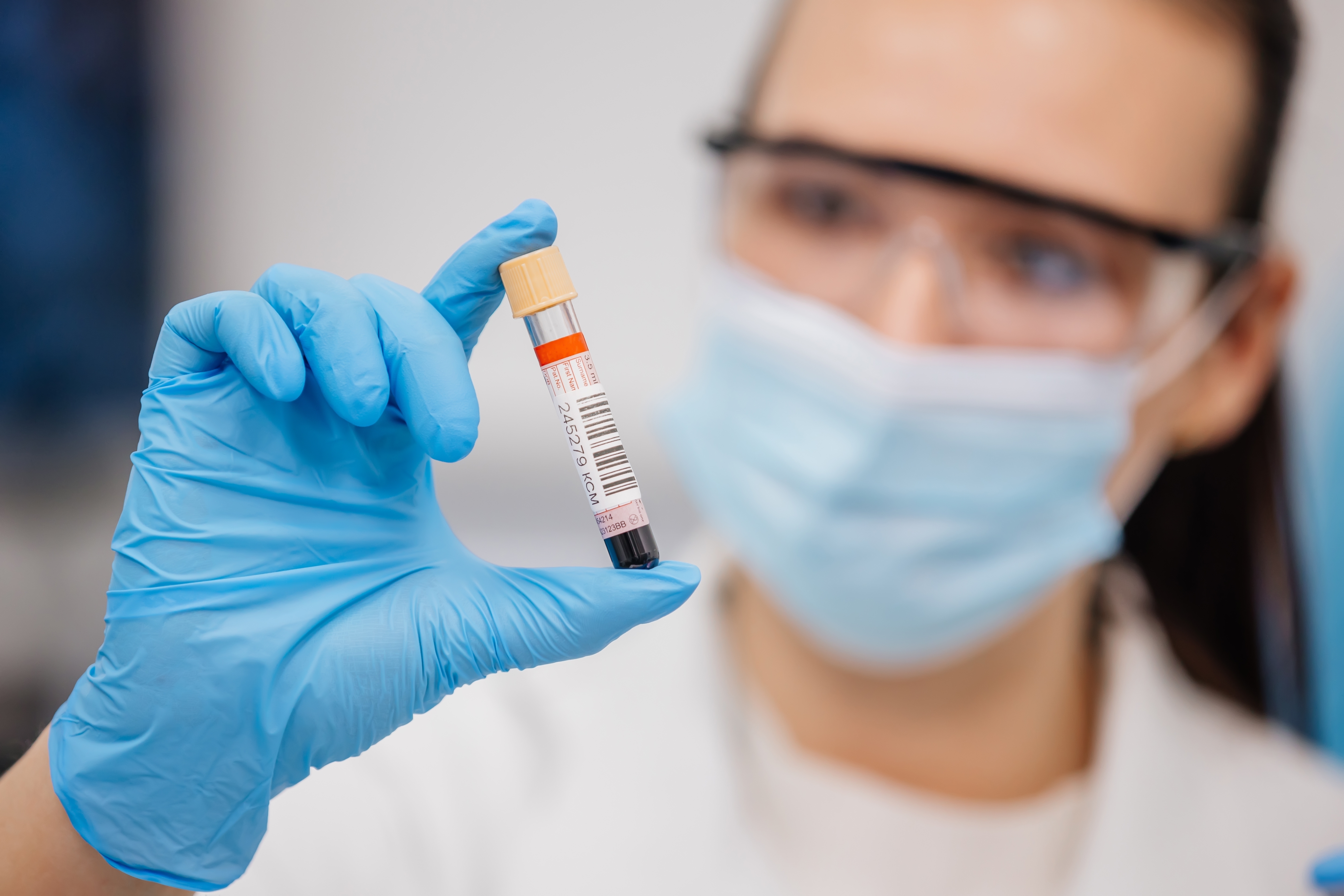Imagine a world where a simple blood test can detect Alzheimer’s disease long before symptoms appear. A recent study published in JAMA Neurology by researchers from Sweden’s Gothenburg University suggests this might soon be reality. Their breakthrough in the p-tau217 immunoassay blood test promises a revolution in early Alzheimer’s diagnosis.
Development and testing of SOBA
Dr. Valerie Daggett and her team at the University of Washington have pioneered the development of SOBA, a test that identifies toxic amyloid-beta (Aβ) oligomers in the blood. These oligomers are critical indicators that form long before the clinical symptoms of Alzheimer’s manifest, making early detection possible.
Mechanism of SOBA
SOBA utilizes a synthetic molecule called AP193, which binds specifically to the alpha sheet structure in toxic Aβ oligomers. This binding prevents the oligomers from disrupting neuronal signaling, a key feature of Alzheimer’s pathology. The test has demonstrated its ability to detect Aβ oligomers in both cerebrospinal fluid and blood samples from individuals with Alzheimer’s and mild cognitive impairment (MCI), while excluding those without cognitive issues.
Clinical trials and results
SOBA was tested on 786 participants. The participants included those from the Translational Biomarkers in Aging and Dementia (TRIAD), Wisconsin Registry for Alzheimer’s Prevention (WRAP), and Sant Pau Initiative on Neurodegeneration (SPIN) cohorts. The test showed high accuracy, detecting Aβ oligomers in 52 out of 53 individuals diagnosed with Alzheimer’s and in 10 out of 11 individuals who later developed MCI. These results indicate that SOBA can effectively identify at-risk individuals well before symptoms become apparent, distinguishing Alzheimer’s from other cognitive impairments with precision.

and Discriminating A+T− From A+T+ Individuals
FDA Breakthrough Device Designation
In recognition of its potential, AltPep Corporation’s SOBA-AD received FDA Breakthrough Device designation in March 2022. This status allows for expedited review and development, reflecting the assay’s ability to address significant unmet needs in Alzheimer’s detection. Dr. Valerie Daggett, Founder and CEO of AltPep, explains,
“The SOBA-AD test is designed to detect the early molecular triggers of Alzheimer’s disease, even before plaque formation.”
Comparative research and implications
SOBA’s effectiveness is comparable to other advanced diagnostic tools, such as the p-tau217 immunoassay, enhancing early detection capabilities. Both tests underscore the importance of biomarkers in diagnosing Alzheimer’s at its earliest stages, facilitating timely intervention and potentially more effective treatment strategies.
Dr. Hakon Hakonarson, Founder and Chief Medical Advisor of Arctic Therapeutics, provides insight into how SOBA aligns with Arctic’s vision:
“At Arctic Therapeutics, we see diagnostics like SOBA as a critical piece in the Alzheimer’s treatment puzzle. By enabling the detection of toxic oligomers before symptoms arise, SOBA not only complements our therapeutic approaches but also enhances the precision of early intervention strategies. This synergy between advanced diagnostics and our efforts to cross the blood-brain barrier represents a significant step towards altering the course of Alzheimer’s disease and improving patient care.”
Conclusion
The development of the SOBA blood test marks a significant advancement in the early detection of Alzheimer’s disease. By integrating cutting-edge diagnostics with innovative treatments, the future of Alzheimer’s care is becoming more hopeful. The ability to diagnose and intervene early promises to improve quality of life and slow the progression of this challenging disease.
You can learn more about AT-001 here. Or if you’d like to talk to us, you can email us here.

